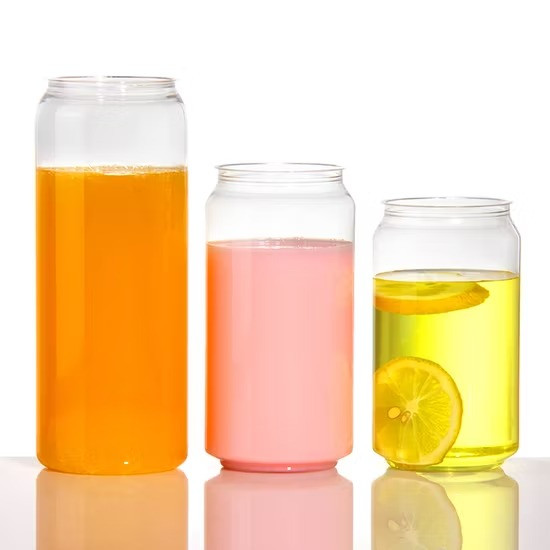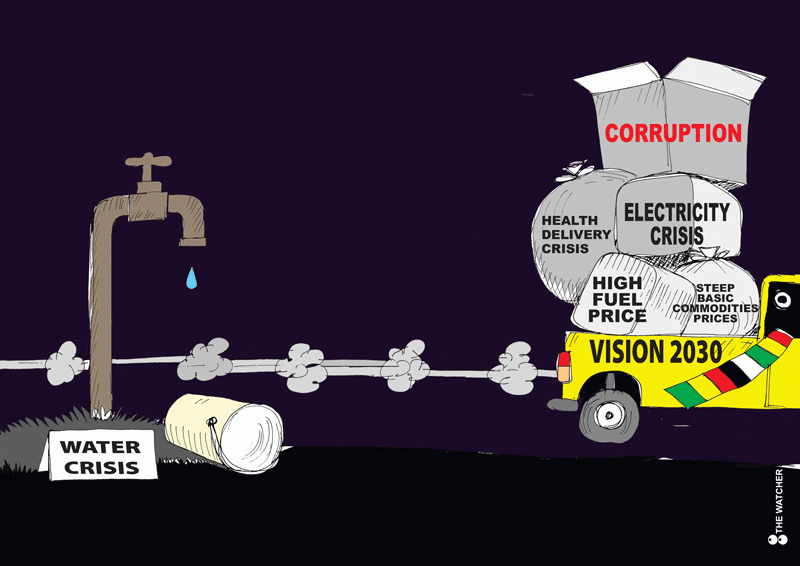
A NEW tax to discourage usage of single-use plastic is too little too late and does not go far enough to alleviate plastic pollution of the environment which has reached crisis levels in Zimbabwe.
In his 2025 national budget statement presented on November 28, 2024, Finance minister Mthuli Ncube announced: “In order to promote the use of biodegradable packaging, I propose to introduce a 20% plastic carrier bag tax on the sale value with effect from January 1, 2025.”
While this is a welcome development, a holistic approach to the whole packaging value chain would have extended this tax to non-returnable bottles such as polyethylene terephthalate (PET) and glass bottles (dumpies) and tin packaging used mostly for alcoholic and carbonated beverages.
To impose the tax only on carrier bags is to misunderstand the enormity of the problem of environmental pollution caused by disposable but non-biodegradable packaging.
Although there is biodegradable plastic — able to decay when its useful life is over — the most commonly used plastic in households is not.
Most plastic used in the packaging of food and drinks in Zimbabwe is non-biodegradable. It is said that such plastic can go for more than a thousand years in the same state before it begins to decay.
Glass bottles are not biodegradable either and can take up to a million years to decompose. Cans are also non-biodegradable because they cannot be easily broken down by biological processes.
Therefore the greatest enemies to the environment are plastic, glass and tin packaging; their adverse effects on the environment are permanent. Where plastic is burnt as a way of disposal, it poisons the atmosphere and just as rusting metal poisons the soils.
- Budget dampens workers’ hopes
- Govt issues $24 billion Covid-19 guarantees
- Letter to my People:They have no answers for Nero’s charisma
- ZMX to enhance farm profitability
Keep Reading
Ncube should have treated them equally in his budget statement with a view to eliminating them altogether.
Many years ago there was a spirited campaign by environment-conscious Zimbabweans that canned beverages should not be imported into the country. The argument was that there was no set process for disposing of the cans. The cans are made of non-biodegradable metal that can clog our water reticulation and sewer systems. The argument stressed the difficulty encountered in managing metal waste in a country already struggling to clean its urban centres and with no capacity to clean roadsides and rural business centres.
When the cans were introduced city councils did not put in place contingency plans for proper disposal of the metal. Add to the cans the more than tenfold proliferation of plastic bottles.
Many urbanites prefer bottled water because they don’t trust tapped water coming into their homes. Besides bottled water there is also a plethora of other beverages that come in plastic bottles including the popular sorghum beverages — both alcoholic and non-alcoholic — meaning tonnes of plastic waste are dumped onto the environment daily.
The calls to stop these use plastic, non-returnable glass bottles and cans fell on deaf ears mainly because the powers that be either lacked foresight or were just too foolish to care or benefited from them. Most beverages in non-returnable bottles (dumpies) and cans are smuggled into the country and who knows who is behind the smuggling cabals?
Before the introduction of cans almost all beverages came in returnable bottles. Whenever one bought a drink, a deposit was levied on the bottle. This not only gave a monetary value to the bottle but also meant the bottles remained in circulation and didn’t need to be thrown onto the rubbish heap. People cared for the bottles and that kept the environment relatively clean.
Not with cans and plastic bottles. Once one has consumed the contents, the containers become valueless and have to be thrown out the window mostly by travellers. What this means is that the countryside has millions of dumpies, cans and plastic bottles thrown onto our environment throughout the year.
In most cases consumers just throw them into the nearest hollow they come across. Mostly into city drainage systems. But because of budgetary limitations these drainage systems are left unattended to until they begin to cause trouble as they did with the onset of the rains this year. Any minor downpour has left city centres flooded because the water does not drain away fast enough, if at all.
It was a sorry sight watching shops flooded by water which should otherwise have run down the drain to reservoirs. The damage the water had on vehicles will never be quantified because each motorist dealt with his or her troubles quietly.
But in a way we deserve what we get. It was a salutary lesson to everyone that what we do to our environment always comes back to haunt us; the environment fights back! If we continue on this path, the worst will obviously happen; the poisoned environment will kill us.
The way forward is simple: Ban the carrier bags together with the cans, the dumpies and the plastic bottles with immediate effect or put in place a waste disposal system that ensures these containers are properly managed. Only a revolutionary solution will work.
- Nevanji Madanhire is a senior editor at Alpha Media Holdings











